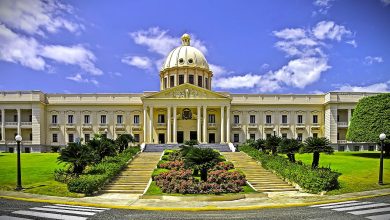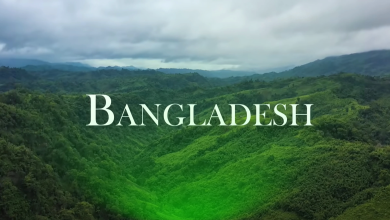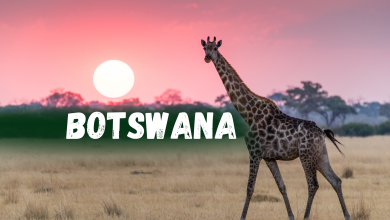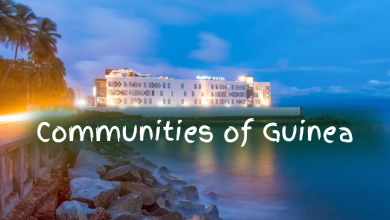Communities of Angola: Exploring Rich Cultural Diversity
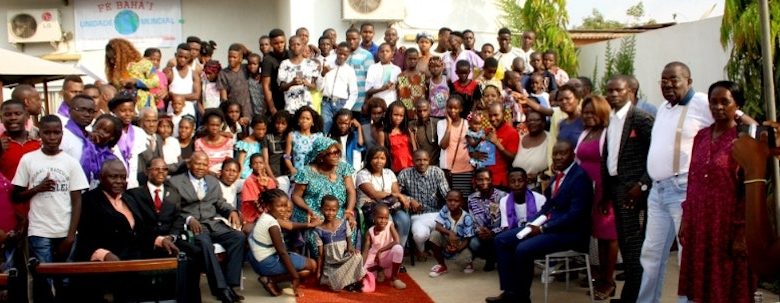
Angola is a beautiful country in Africa. It has many diverse communities. Each community has its own unique culture and traditions. Let’s explore some of these amazing communities.
Ovimbundu
The Ovimbundu people are the largest ethnic group in Angola. They live mostly in the central highlands. Their main occupation is farming. They grow crops like maize, beans, and sweet potatoes. The Ovimbundu are known for their colorful traditional clothing. They also love music and dance.
Ovimbundu Traditional Clothing
Ovimbundu traditional clothing is very colorful. Women wear long skirts and headscarves. Men wear tunics and trousers. Both men and women love to wear beads and jewelry.
Ovimbundu Music And Dance
Music is very important to the Ovimbundu. They play instruments like drums and marimbas. Their dances are lively and full of energy. They often dance during festivals and celebrations.
Mbundu
The Mbundu people are the second largest ethnic group in Angola. They live in the north-central part of the country. The Mbundu are known for their rich cultural heritage. They have a strong sense of community.
Mbundu Language
The Mbundu speak the Kimbundu language. It is one of the many languages spoken in Angola. Kimbundu is used in everyday conversations and in cultural ceremonies.
Mbundu Festivals
Mbundu people celebrate many festivals. One of the most famous is the N’gola festival. It is held to honor the ancestors. During the festival, people sing, dance, and tell stories.
Bakongo
The Bakongo people live in the northern part of Angola. They are known for their strong cultural traditions. The Bakongo have a rich history and are skilled artisans.
Bakongo Art
Bakongo art is very beautiful. They make sculptures, masks, and pottery. Their art often tells stories about their history and beliefs.
Bakongo Religion
The Bakongo practice a religion called Kongo. It is based on the worship of ancestors. They believe that the spirits of their ancestors watch over them and guide them.
Lunda-Chokwe
The Lunda-Chokwe people live in the eastern part of Angola. They are known for their intricate artwork and strong cultural traditions. The Lunda-Chokwe are also skilled hunters and farmers.
Lunda-chokwe Art
The Lunda-Chokwe create beautiful masks and sculptures. Their art is very detailed and often depicts animals and ancestors.
Lunda-chokwe Hunting
Hunting is an important part of Lunda-Chokwe culture. They use traditional methods to hunt animals like antelope and wild boar. Hunting is not just for food; it is also a way to teach young boys important skills.

Credit: www.pmi.gov
Herero
The Herero people live in the southern part of Angola. They are known for their unique clothing and strong sense of community. The Herero are mainly cattle herders.
Herero Traditional Clothing
Herero women wear long, colorful dresses. These dresses have puffy sleeves and are very elegant. Men wear tunics and trousers. Both men and women wear hats made of animal skin.
Herero Cattle Herding
Cattle herding is very important to the Herero. They believe that cattle are a gift from their ancestors. They take great care of their cattle and consider them part of the family.
San
The San people are one of the oldest communities in Angola. They live in the southeastern part of the country. The San are known for their deep knowledge of the land and their skills in tracking and hunting.
San Tracking Skills
The San are excellent trackers. They can follow the tracks of animals for miles. They use this skill to hunt for food. Tracking is also a way to teach young boys about the land.
San Storytelling
The San have a rich tradition of storytelling. They tell stories about their ancestors and the land. These stories are passed down from generation to generation. Storytelling is a way to keep their history and culture alive.
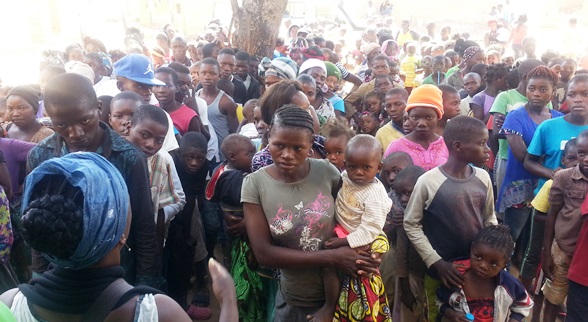
Credit: www.afro.who.int
Frequently Asked Questions
What Are The Main Communities In Angola?
Angola’s main communities include Ovimbundu, Mbundu, Bakongo, and Chokwe.
How Many Ethnic Groups Are In Angola?
There are over 90 ethnic groups in Angola.
What Language Is Spoken In Angola?
Portuguese is the official language in Angola.
What Is The Ovimbundu Community?
Ovimbundu is the largest ethnic group in Angola, known for agriculture.
Conclusion
Angola is home to many diverse communities. Each community has its own unique culture and traditions. From the colorful clothing of the Ovimbundu to the intricate art of the Lunda-Chokwe, there is so much to learn and appreciate. Visit www.ccnworlds.com/category/world-community to learn more about the communities of Angola and other parts of the world.

